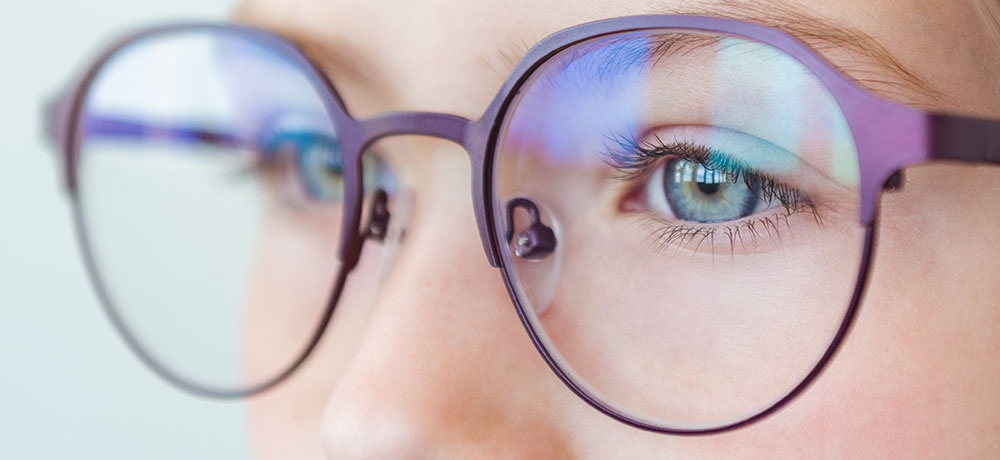Vision Therapy: Looking beyond 20/20 -Family Matters Magazine -Summer 2019

I would like to change your perception of what vision is. Many people believe that good vision stops at 20/20, or the ability to see clearly, but vision is much more than that. It is the amalgamation of many visual skills and brain processes; it is the ability to make a meaningful interpretation of what is seen. Vision is learned, we are not born with these visual skills. We develop vision through interaction with our environment. The core visual skills are:
- Tracking (Oculomotor) – can you move your eyes accurately and efficiently?
- Fixation – can you hold your eyes steady?
- Focusing (Accommodation) – can you change the focus of your eyes?
- Ocular Alignment – do your eyes point at the same place?
- Eye Teaming (Binocularity) – do your eyes work together?
- Depth Perception (Stereopsis) – can you see depth properly?
- Central vision (Visual Acuity) – can you see clearly (20/20)?
- Peripheral Vision – are you using your peripheral to tell where things are located?
- Visualization – can you form and retain a mental image?
- Visual Perception – how is your brain processing and interpreting its visual information?
- Visual Integration – how is your brain integrating vision with other senses?
- Visual-Motor Integration – is your vision guiding your motor movements?
When your visual system is not working well, it hinders your ability to efficiently and effectively engage with your environment. Imagine a child with 20/20 vision who looks at a book but cannot read what is written. There is nothing wrong with their eye sight, but an issue with their binocularity is causing the words to move on the page, or appear double. Picture an adult that had a concussion a year ago who cannot be in front of a computer screen for more than 10 minutes without getting a headache. This could be the result of the accommodation system not working properly, causing their vision to go in and out of focus. These are some common scenarios that unfortunately often go undiagnosed because the individual has ‘perfect’ 20/20 vision.
A traditional eye exam typically looks at only part of the visual system. It assesses things such as clarity of vision, and the health of the eye. These are integral parts of the visual system, and need to be assessed regularly, but for individuals with binocular vision concerns, a traditional eye exam may not show the whole picture. A Visual Skills & Information Processing assessment, with a Developmental Optometrist, delves deeper into the entire visual system, looking at how the individual brings visual information into the brain, and how their brain processes that information. If the assessment uncovers a visual deficit Optometric Vision Therapy may be recommended.
Optometric Vision Therapy is a proven and effective treatment for many visual conditions. It consists of a progressive series of activities and exercises that are designed to develop, improve, and enhance vision. Each optometric vision therapy program is individually designed by a Developmental Optometrist, in conjunction with a Vision Therapist, based on the patient’s specific needs. Developmental Optometrists, and Vision Therapists, spend years in continuing education to learn the intricacies of the visual system, and how to appropriately treat visual dysfunctions.
For most individuals, vision is their dominant sense. Dr. John Streff, a founding father of Behavioural Optometry once said, “When vision is working well, it guides and leads in all that we do; when not, it interferes.”
Dr. Laura Cookson
Developmental, Behavioural & Rehabilitative Optometrist
InDepth Vision
61 James Snow Parkway N, Suite 201
Milton, ON
L9E 0H1
Ph: (905) 876-6042